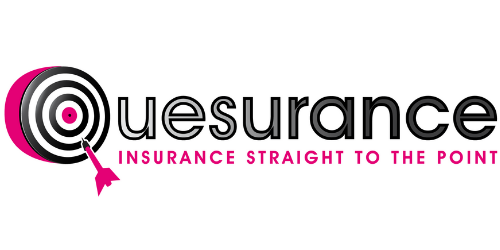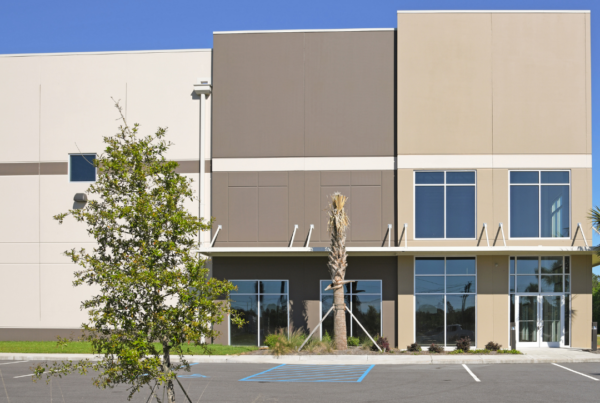
Businesses need insurance coverage just like people need health care, house, and vehicle policies. In the case of an accident, litigation, or calamity, it allows you to go back to business swiftly. In several states, a business insurance policy is also required by law. This is why knowing the difference between commercial and small company insurance is essential for every business owner.
The Difference
Business insurance is an umbrella term used to describe commercial and group policies. Commercial insurance is a kind of business insurance that provides insurance coverage for a business entity. It provides protection against various commercial risks such as workers’ compensation, liability, property, and business interruption.
Business insurance covers several risks and not just commercial or business-related situations. For example, an employer’s liability policy covers an employer’s general liability to his employees. State laws do not govern business insurance policies like general liability and commercial automobile liability coverages. However, workers’ compensation and business owners’ policies are regulated by individual state laws.
Comprehensive and Limited
Commercial health insurance policies can be divided into comprehensive and limited purposes. Comprehensive policies cover any condition or injury that results from an accident. Limited purpose policies cover accidents sustained from a list of pre-specified conditions and injuries. For example, some policies cover accidents sustained while slipping and falling.
Structured as a Policy
Business insurance can be structured as an excess policy, a prime policy, or a broker’s policy. An excess policy covers a business that already has another insurance policy, and there is a shared risk. A prime policy is a business insurance policy that covers the risks. A broker’s policy is a policy sold by a broker not affiliated with the insurance company.
For example, an excess policy will reimburse the insured individual or business for their not covered amount. In contrast, a prime policy will reimburse the insured for the entire loss, so long as it is within the coverage limits. Lastly, a broker’s policy will only reimburse the insured for losses not covered by other insurance policies.
Internal and External INsurance
Business insurance can also be internal or external. An internal business insurance policy insures risks inside the business and protects against losses or damage to the business. An external or third-party policy insures risks outside of the business.
Besides the difference between business and commercial insurance, there are many other options you can consider when choosing an insurance policy. We have provided some options that you can consider in our article on business insurance.
Conclusion
Business insurance provides coverage for a business entity against the financial fallouts of accidents, litigation, or other calamities. It offers protection against several commercial risks such as workers’ compensation, liability, property, and business interruption. It can also be structured as an excess policy, a prime policy, or a broker’s policy. An excess policy covers a business with another insurance policy, and there is a shared risk.
Booking an appointment with an insurance adviser at your chosen company will help you sort things out. Agents can assist you in selecting the best policy for your business by clearly defining the terms of their plans.
Are you looking for commercial or small business insurance? Avoid the confusion by booking a consultation with Quesurance now! We have been trusted by Hopatcong and the surrounding New Jersey communities for years. Contact us today to get a quote!



